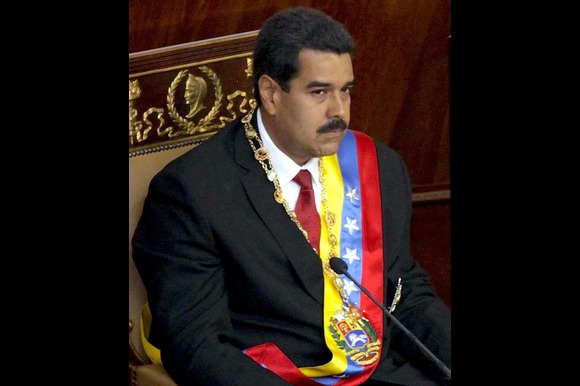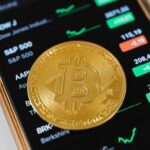The United States has doubled its reward for information leading to the arrest of Venezuelan President Nicolás Maduro, raising it to $50 million (£37.2 million). The move comes as part of a renewed push by the U.S. government, which accuses Maduro of being “one of the largest narco-traffickers in the world.”
Former U.S. President Donald Trump, a long-time critic of Maduro, had previously spearheaded an aggressive policy against the Venezuelan leader, who was re-elected in January following a controversial vote marred by widespread allegations of electoral fraud. The results of that election were widely condemned and rejected by much of the international community.
On Thursday, U.S. Attorney General Pam Bondi announced the increased reward, building on the previously offered $25 million (£18.6 million) bounty. She claimed Maduro has direct ties to major drug trafficking operations and accused him of collaborating with violent transnational criminal networks.
In a video posted on X (formerly Twitter), Bondi alleged Maduro was actively coordinating with groups such as Tren de Aragua, a Venezuelan gang recently designated a terrorist organization by the Trump administration, and Mexico’s Sinaloa Cartel, one of the most powerful criminal enterprises in the world. She further stated that the U.S. Drug Enforcement Administration (DEA) had seized 30 tons of cocaine linked to Maduro and his associates, nearly seven tons of which were allegedly connected to Maduro personally.
Venezuelan officials swiftly rejected the renewed accusations. Foreign Minister Yvan Gil dismissed the increased reward as “pathetic” and described it as nothing more than “political propaganda.” He added, “We’re not surprised, coming from whom it comes from,” and accused Bondi of launching a “desperate distraction” to divert attention from ongoing controversies in the U.S., including renewed scrutiny over the government’s handling of the Jeffrey Epstein case.
The move is a continuation of a years-long pressure campaign by the U.S. against the Maduro government. During Trump’s presidency, the Department of Justice indicted Maduro and other high-ranking Venezuelan officials on serious charges, including narco-terrorism, corruption, and large-scale drug trafficking. The U.S. alleged that Maduro conspired with Colombia’s FARC rebel group to “use cocaine as a weapon to flood the United States.”
Although Bondi outlined the extent of alleged drug links in her statement, she did not clarify how the U.S. government expects the renewed appeal—and the significantly increased cash incentive—to result in Maduro’s arrest, particularly given his continued grip on power and strong domestic security apparatus.
Maduro, who took power following the death of Hugo Chávez in 2013 and currently leads the United Socialist Party of Venezuela, has long been accused of violently suppressing political dissent. His government has been widely criticized for cracking down on opposition figures, curbing press freedoms, and employing state violence to quash protests. Despite major demonstrations after last year’s disputed election, Maduro has retained control, buoyed by the loyalty of the military and support from international allies such as Russia, China, and Iran.
A recent development has further fueled speculation about possible future legal actions against the Venezuelan leader. In June, Hugo Carvajal, the former chief of Venezuela’s military intelligence and a close confidant of Maduro, was convicted on multiple drug trafficking charges in a U.S. court. Known by his alias “El Pollo” (The Chicken), Carvajal had previously fled Venezuela after urging the military to support opposition efforts to oust Maduro.
Initially denying the charges, Carvajal later changed his plea to guilty, prompting speculation that he may have entered a cooperation agreement with U.S. prosecutors—potentially offering insider testimony or intelligence in exchange for a lighter sentence. Such a move could significantly impact the U.S. case against Maduro.
In the wake of Maduro’s contested re-election, both the United Kingdom and the European Union have imposed additional sanctions on Venezuela, targeting individuals and entities close to his government and further isolating Caracas on the global stage.
While Washington’s reward increase is unlikely to produce immediate results, it signals the persistence of the U.S. strategy to apply diplomatic and legal pressure on Maduro and his inner circle—though critics argue the approach may do little to change Venezuela’s internal dynamics without broader international coordination or domestic opposition momentum.






